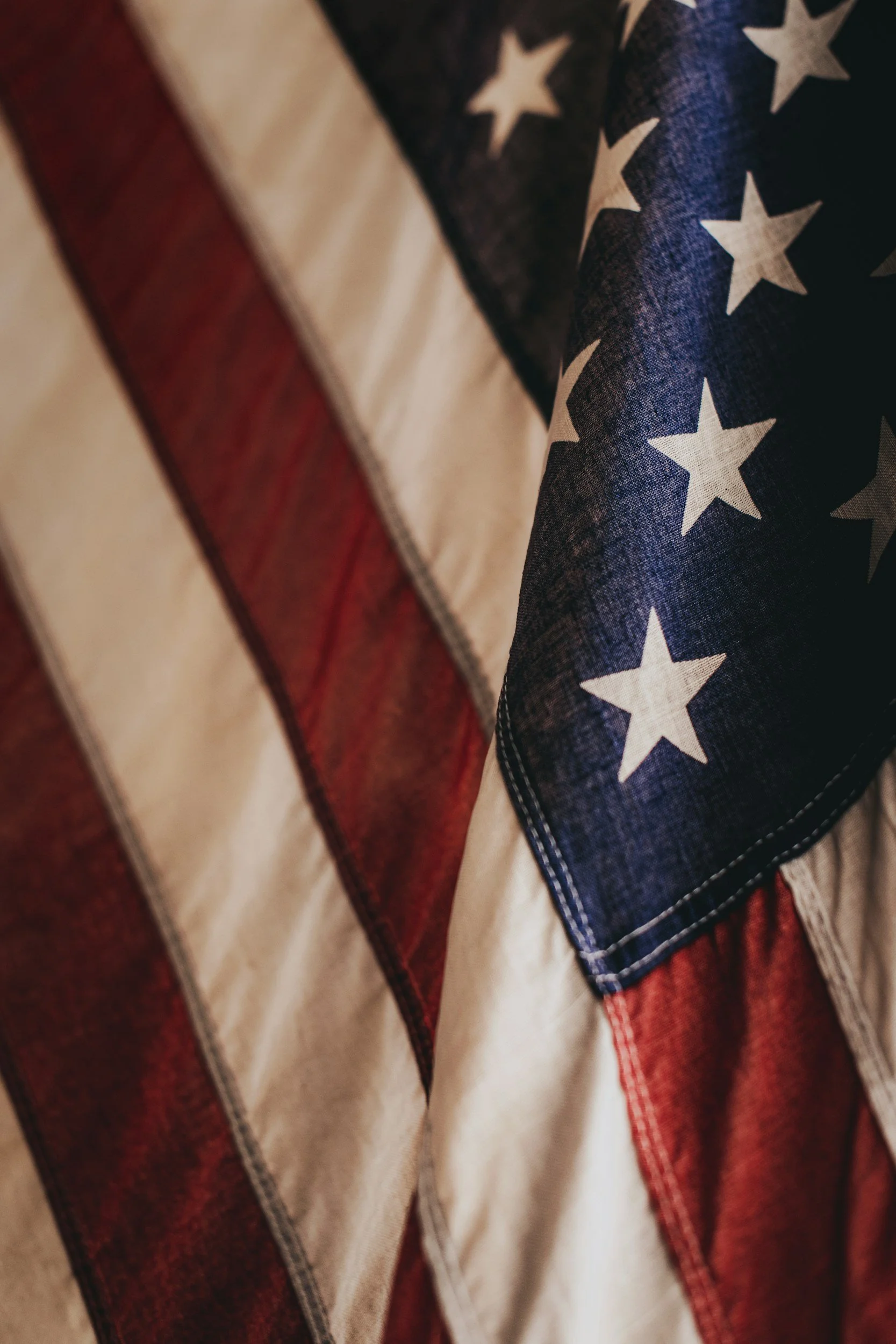My Dad Was A Belated World War II Vet
I wrote the following as a column for The Virginian-Pilot in 2003. The happiest day of my dad’s life came in 1988 when Merchant Marines who served during World War II were declared veterans. To all of our veterans: Thank you for your service.
A couple of years ago, when I was a guest on his morning radio show, WNIS’ Tony Macrini asked me to name my favorite book.
It was early, I’d had only one cup of coffee and was suffering from radio fright. So I lied.
If memory serves, I responded with something like “Sense and Sensibility” or “Silas Marner” or “For Whom the Bell Tolls.”
Sheesh.
Truth is, my favorite book is one that’s never been on the best-seller list and is not very well written. It’s rife with misspellings, misplaced punctuation and glaring grammatical errors. It’s tedious in parts and overly sentimental in others. It’s a slender volume, bound in black leather, with a weather vane and a rooster inexplicably imprinted on its cover. The pages of this book are yellowed and fall like autumn leaves if you aren’t careful. Worst of all, the text is hard to decipher because it’s handwritten in black ink.
Still, it’s the final installment in an out-of-print series, and I have the only copy.
It’s my dad’s war diary.
He never showed this book to me, and I doubt even my mother knew it existed. I found it buried in the bottom of his desk after my father died five years ago.
Dad’s diary is filled with short entries – just a few sentences each – that he faithfully penned every single day he was away.
They’re the musings of a regular guy from New Jersey. A homesick kid who loved his mother, his country and the Boston Red Sox. Not necessarily in that order.
My dad was no hero during World War II. He didn’t command a sub, hoist a flag at Iwo Jima, or wade ashore at Normandy.
In fact, he almost didn’t get to go to war at all. When Dad and his best friend went to enlist in the U.S. Marine Corps, my father was rejected. He was totally color-blind. The Corps didn’t want him. Neither did the other branches of the military. So my father did the next best thing: He joined the U.S. merchant marine and served first onboard a liberty ship and later on a tanker. He crisscrossed the globe dozens of times, from India to Gibraltar, from Algeria to Pearl Harbor.
By the time an Army intelligence officer phoned my grandmother’s house looking for my father – halfway through the war someone discovered that color-blind men were able to magically see through camouflage – it was too late; my dad was somewhere in the South Pacific.
The diary I have is from my father’s last year as a mariner, on board the Kernstown, a Keystone tanker. It dates from Feb. 24 to Dec. 1, 1945.
The entries are mostly mundane. Baseball scores feature prominently. So do letters from home. He’s nervous in late March when the Kernstown is sailing toward Madras under a “bomber’s moon.” He’s rattled on April 18, when he learns that of the five tankers that left New York together 53 days earlier, two have disappeared without a trace.
Although he gave four years to the war, Dad and his fellow mariners weren’t recognized as vets until they were granted limited veteran’s status in 1988.
They deserved it.
According to a 1997 story in the San Francisco Examiner, 215,000 merchant mariners served during that war. “And 6,795 – one in every 32 – lost their lives.” Some estimates place those numbers even higher.
I don’t know if my father had any brushes with death or any heroic moments. If he did, they aren’t recorded here. And all I know of my father’s war is in this little raggedy diary.
It really is my favorite book, not because it’s great literature, but because the author was someone dear to me.
My dad. A veteran.


